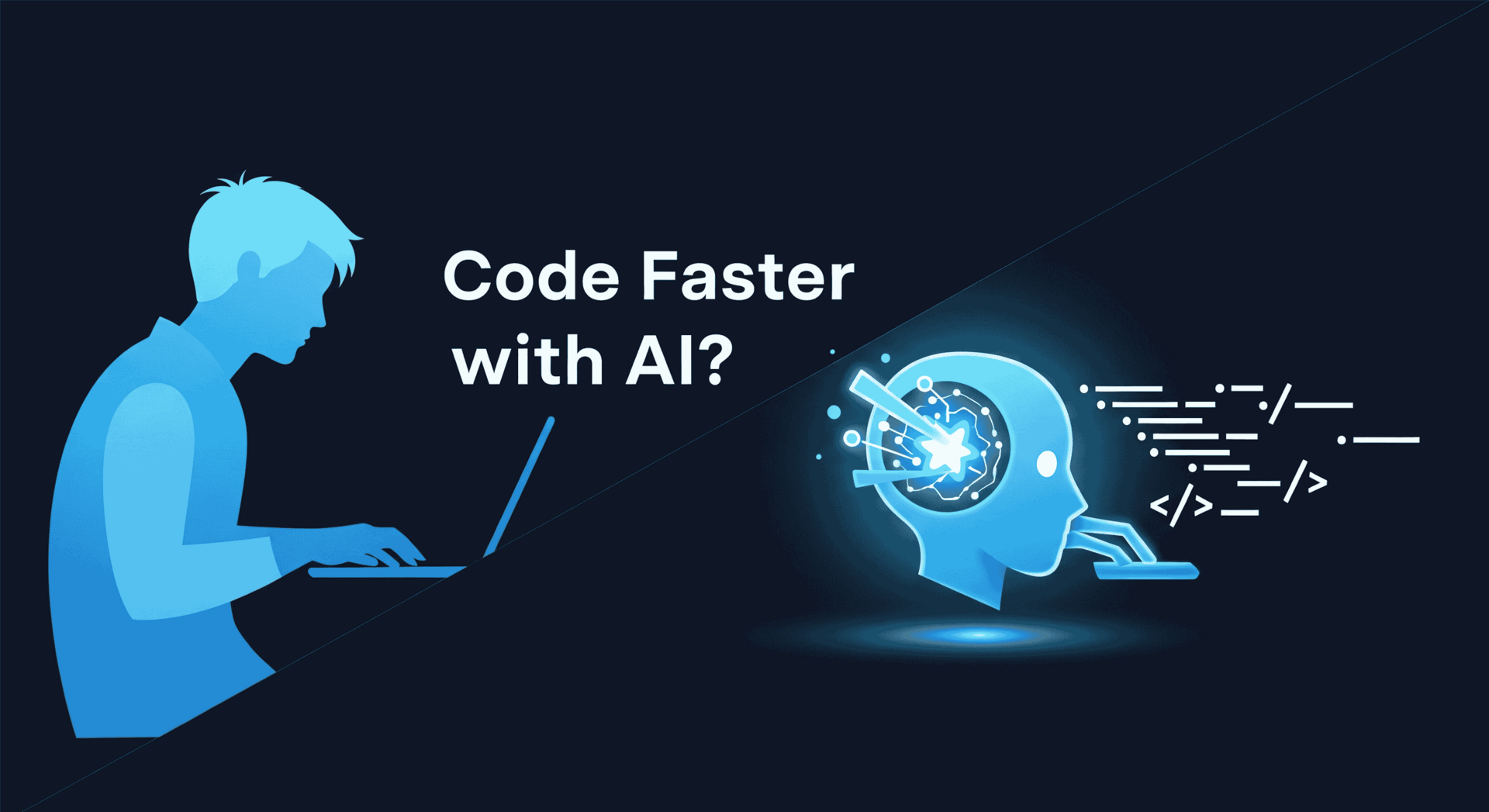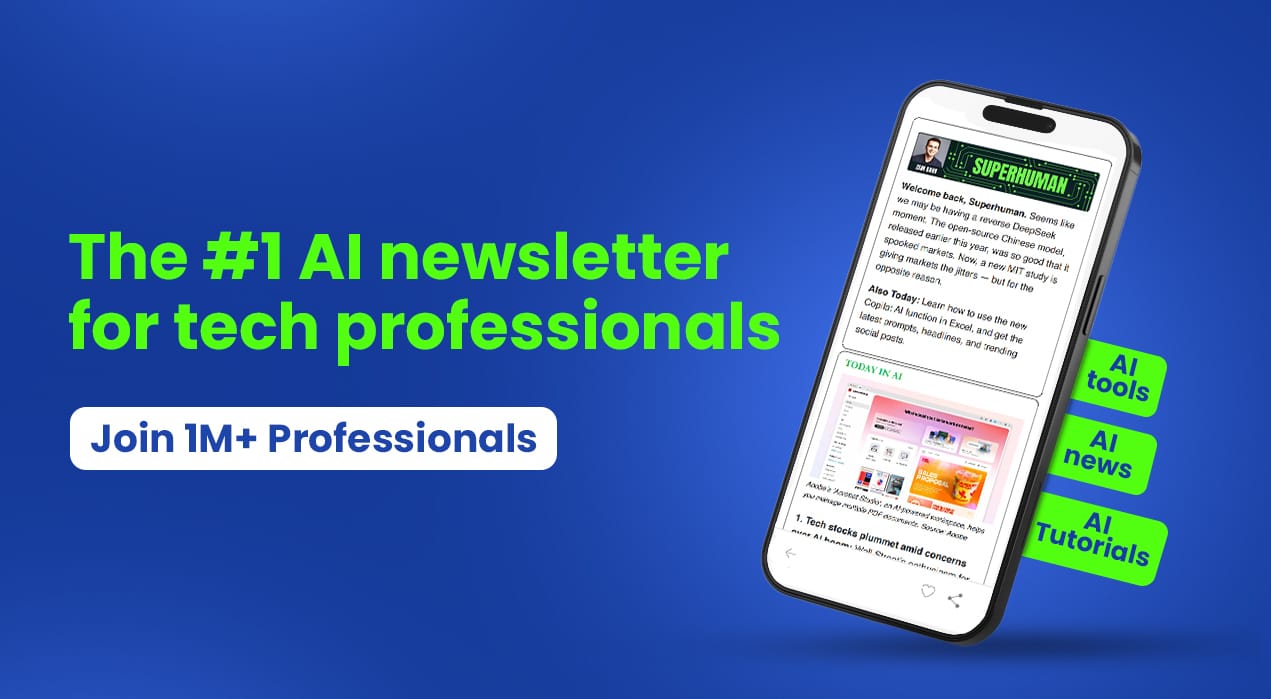- MakeMeExpert
- Posts
- AI Coding Assistants in 2025
AI Coding Assistants in 2025
Honest review of the best AI coding assistants in 2025. Compare GitHub Copilot, Cursor, Codeium, Amazon Q Developer and more. Find the right tool for your coding workflow without the marketing hype.

AI Coding Assistants That Actually Help You Code Better
Writing code in 2025 feels different. You're not alone anymore with just your IDE and Stack Overflow. AI assistants are sitting right there in your editor, suggesting lines of code before you finish typing them. But which ones are worth your time?
I've been testing these tools for months now. Some are genuinely helpful. Others feel like expensive autocomplete. Here's what I found.
The Big Names Everyone Talks About
GitHub Copilot sits at the top for good reason. It knows your codebase and suggests relevant completions across 14 programming languages. The chat feature helps when you're stuck debugging something weird at 2 AM.
What makes Copilot different is its deep integration with GitHub. It summarizes pull requests and helps with code reviews. Plus, it now supports multiple AI models like GPT-4o and Claude 3.5 Sonnet. You can pick the one that works best for your project.
The free tier gives you 2,000 completions and 50 chat messages per month. That's enough to test it properly. Paid plans start at $10 monthly, which seems fair for what you get.
Become the go-to AI expert in 30 days
AI keeps coming up at work, but you still don't get it?
That's exactly why 1M+ professionals working at Google, Meta, and OpenAI read Superhuman AI daily.
Here's what you get:
Daily AI news that matters for your career - Filtered from 1000s of sources so you know what affects your industry.
Step-by-step tutorials you can use immediately - Real prompts and workflows that solve actual business problems.
New AI tools tested and reviewed - We try everything to deliver tools that drive real results.
All in just 3 minutes a day
The New Player That's Getting Serious Attention
Cursor isn't just another VS Code extension. It's a complete reimagining of what a code editor should be in the AI era. Built from VS Code but designed around AI from day one.
The Composer Mode lets you edit multiple files at once. Tell it "refactor this component to use TypeScript" and watch it work across your entire codebase. Agent Mode goes further - it creates new files and modifies existing ones based on simple instructions.
What caught my attention is the privacy mode. Your code never leaves your machine. That matters if you're working on sensitive projects or your company has strict security policies.
The Free Option That Doesn't Suck
Codeium offers something rare in tech - a genuinely useful free tier. No artificial limits or nagging upgrade prompts. Just solid AI assistance for individual developers.
It supports over 70 programming languages, including niche ones that other tools ignore. The autocomplete works well, and the chat feature helps with debugging and explanations.
The company makes money from enterprise customers, so they can afford to keep the individual tier free. That's refreshing in a world where everything has a subscription.
Amazon's Play for Cloud Developers
Amazon Q Developer makes sense if you're building on AWS. It understands your cloud architecture and can generate CLI commands for specific services.
The autonomous agents handle complex tasks like upgrading Java versions or migrating .NET frameworks. These aren't simple find-and-replace operations. The tool understands dependencies and potential breaking changes.
For regulated industries, Q Developer offers the compliance features that enterprise teams need. SOC, ISO, HIPAA - all the acronyms your security team cares about.
The Streamlined Alternative
Windsurf focuses on simplicity. No complicated setup or configuration menus. It indexes your code automatically and pulls relevant context when making suggestions.
The real-time preview feature shows you exactly what changes the AI wants to make before you accept them. That's more transparent than tools that just insert code and hope for the best.
Performance feels snappy compared to heavier alternatives. If you want AI assistance without the bloat, Windsurf delivers.
Privacy-First Enterprise Choice
Tabnine built its reputation on keeping your code private. The enterprise version runs locally, so nothing leaves your servers. That matters for companies handling sensitive intellectual property.
The tool learns your coding patterns and adapts its suggestions accordingly. After a few weeks, it starts feeling like it knows your style. The accuracy improves over time.
The downside is price. Enterprise features cost significantly more than consumer alternatives. But if data privacy is non-negotiable, the premium makes sense.
Terminal Warriors Get Their Tool
Claude Code works differently. Instead of integrating with your editor, it operates from the command line. You describe what you want, and it implements the changes directly in your Git repository.
This approach works well for larger architectural changes that span multiple files. The tool understands project structure and makes coherent modifications across the codebase.
The autonomous nature means less back-and-forth. But it also means less control over individual changes. You need to trust the AI more than with traditional assistants.
Making the Right Choice
Your best option depends on what you're building and how you work. GitHub Copilot offers the most complete package for most developers. Cursor provides advanced features for teams willing to learn a new editor. Codeium gives you solid assistance without the monthly fee.
For cloud-heavy projects, Amazon Q Developer makes sense. Privacy-conscious teams should consider Tabnine. Terminal enthusiasts might prefer Claude Code's direct approach.
Don't just pick based on features or price. Try the free tiers. See which tool fits your workflow. The best AI assistant is the one you'll actually use consistently.
The Reality Check
These tools help, but they're not magic. You still need to understand what the code does. Review suggestions carefully. Test everything thoroughly. AI assistants make you faster, not infallible.
The technology keeps improving rapidly. What feels impossible today might be standard next month. But for now, these are the tools that actually deliver on their promises. Pick one and start coding better today.

